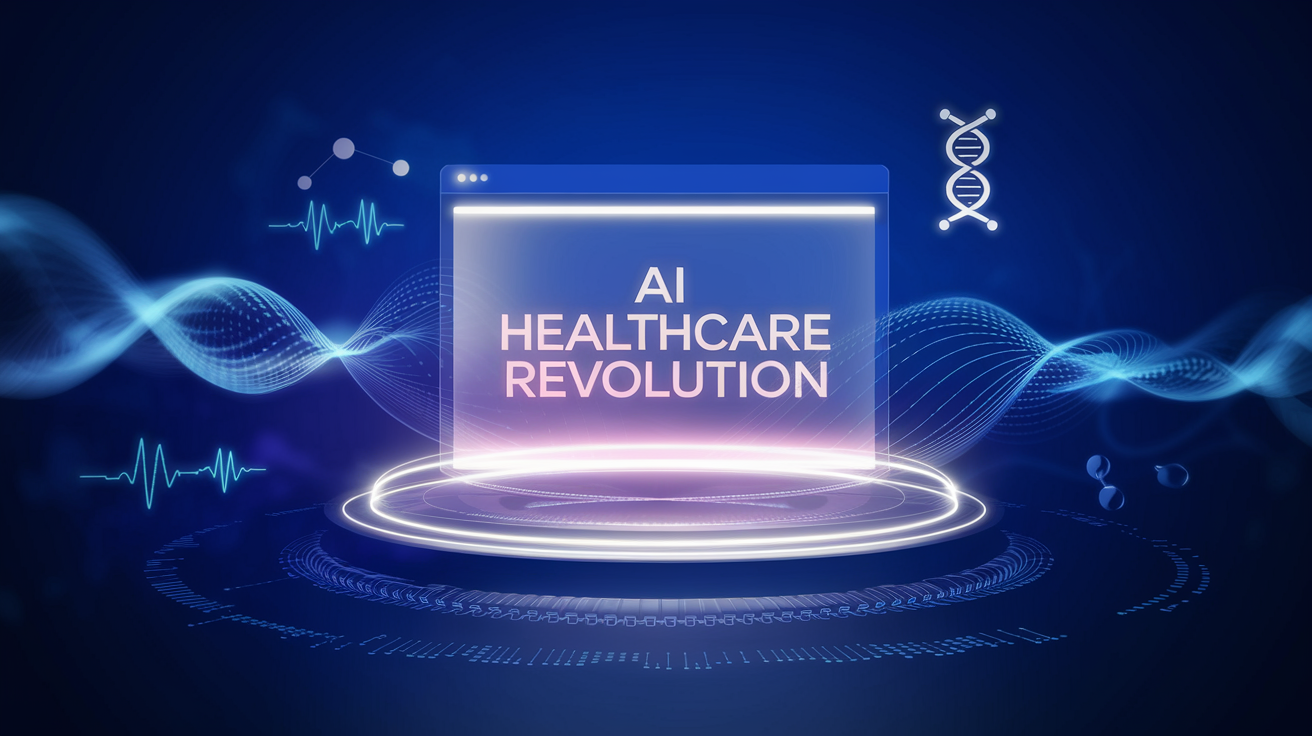
-
Early Disease Detection: AI-powered systems analyze imaging scans and lab results to identify conditions such as cancer, cardiovascular diseases, and neurological disorders at earlier stages than traditional methods.
-
Faster Processing Times: AI algorithms can process vast amounts of medical data within seconds, drastically reducing the time it takes to diagnose illnesses.
-
Continuous Monitoring: Wearable devices integrated with AI track vital signs and detect anomalies in real time, enabling early intervention and personalized treatment plans.
-
AI-Driven Drug Discovery: By analyzing molecular structures and biological interactions, AI helps identify new drug candidates, reducing the time and cost of drug development. (BioMed Central)
-
Optimized Clinical Trials: AI streamlines patient recruitment for clinical trials by matching participants based on genetic and health data, increasing trial efficiency and success rates.
-
Personalized Medicine Innovations: AI enables the development of precision medicine, where treatments are tailored to a patient’s genetic profile for enhanced effectiveness. (AI InDepth)
-
Telemedicine and Remote Care: AI-driven virtual consultations are expanding access to medical expertise, especially for individuals in remote areas. Patients can receive timely advice without the need for physical visits. (AI Multiple)
-
Personalized Treatment Plans: AI analyzes genetic information, lifestyle factors, and medical history to create tailored treatment plans that align with individual health needs.
-
AI in Mental Health: AI-driven chatbots and virtual therapists provide emotional support, helping individuals manage stress, anxiety, and depression in real time
-
Regulatory and Compliance Issues: AI healthcare solutions must comply with medical regulations to ensure patient safety and ethical standards.
-
Integration with Existing Systems: AI adoption requires seamless integration with legacy healthcare infrastructure to maximize efficiency.
-
Building Trust Among Patients and Providers: Transparency in AI decision-making is essential to gain acceptance from healthcare professionals and patients. (NY Post)
-
AI-Driven Personalized Healthcare: AI will enable hyper-personalized treatment plans, optimizing patient care based on real-time health insights.
-
Advancements in Robotic Surgery: Future robotic-assisted surgical systems will further enhance precision and reduce risks associated with complex procedures.
-
AI in Preventive Healthcare: AI-powered health monitoring systems will proactively identify risks, shifting healthcare towards a preventive rather than reactive model. (VKTR)

Posted by PDI Marketing Team
Pacific Data Integrators Offers Unique Data Solutions Leveraging AI/ML, Large Language Models (Open AI: GPT-4, Meta: Llama2, Databricks: Dolly), Cloud, Data Management and Analytics Technologies, Helping Leading Organizations Solve Their Critical Business Challenges, Drive Data Driven Insights, Improve Decision-Making, and Achieve Business Objectives.




